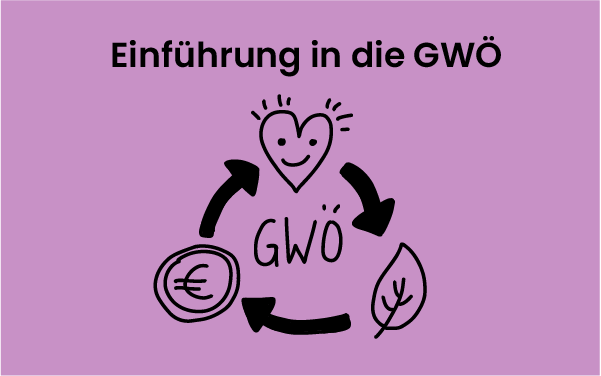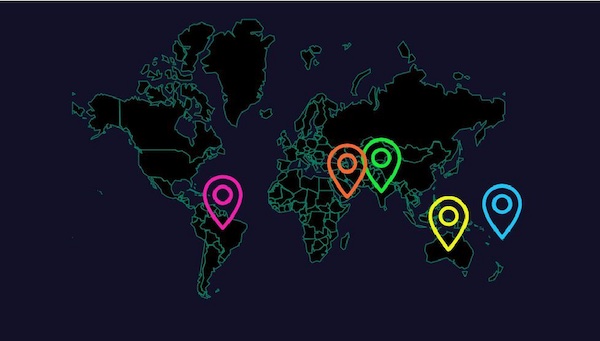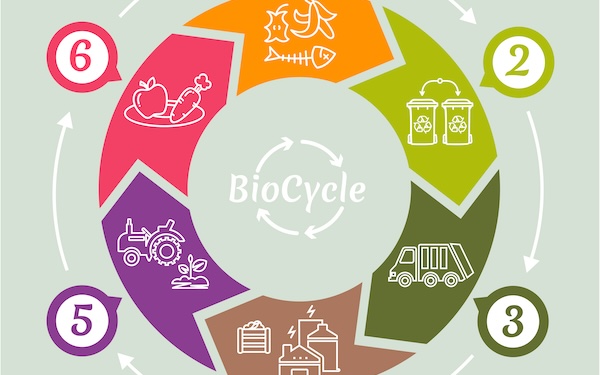
BioCycle
Food waste is an important component of the "BioCycle," the cycle from food to food waste and back to food. Through proper sorting at home, efficient collection, and conversion into biogas and compost, we can step towards sustainable and renewable energy self-sufficiency and improved soil quality for agriculture, thus completing the cycle. This course unpacks these processes. Not only will you learn about the BioCycle, but you will also be able to experience what you can personally do to close it efficiently.
Go to courseWhat to expect
This course explores the lifecycle of household food waste. You will walk the whole cycle from resource to waste to resource covering generation, sorting, collection, valorisation of the waste followed by the creation of new products and their consumption. The course's practical application is showcased through a case study featuring a mini-biogas plant in Hamburg-Wilhelmsburg, which demonstrates the transformation from waste to biogas and liquid fertilizer used locally.
Learning objectives
The learning goals of the BioCycle project can be summarised as follows:
- Understanding the importance of food waste recycling in the cycle from food to waste and back.
- Learning the steps for efficient sorting, collection, and conversion of organic waste into biogas and compost.
-
Gaining practical insights into the use of biogas and compost derived from food waste, exemplified by a case study of a mini-biogas plant in Hamburg-Wilhelmsburg
-
Self reflect on your behaviour around food waste through the "Food waste self-assessment challenge"
Learning method
BioCycle combines theoretical knowledge with practical application in food waste management. The course is structured as a cycle of independent lessons, allowing participants to start at any point and approach them in any order. They consist of short explanation videos as well as interactive learning modules (H5P). The inclusion of a real-life case study featuring a mini-biogas plant in Hamburg-Wilhelmsburg illustrates the application of the theoretical concepts. The "Food waste self-assessment challenge" engages participants in actively assessing and reflecting on their own food waste practices.
More info
Steffen Walk, Phillipp Lüssenhop, Andrea Lopes, Greta Hausbeck, Stefan Deegener, Ina Körner
Related courses
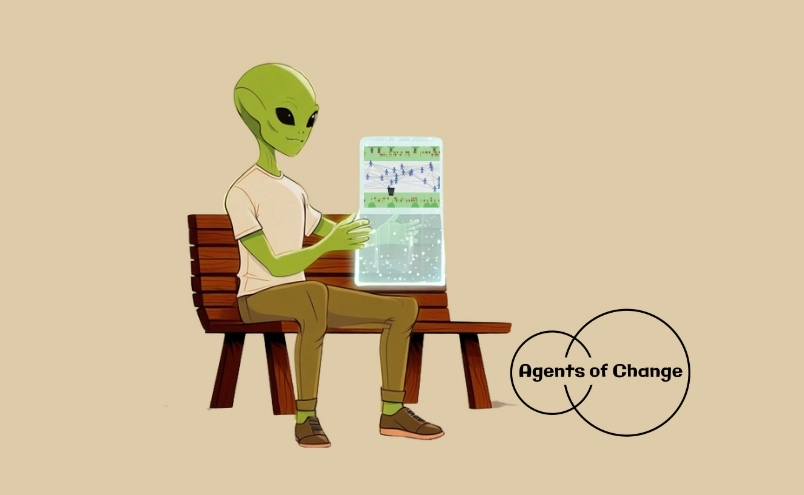
Go to course
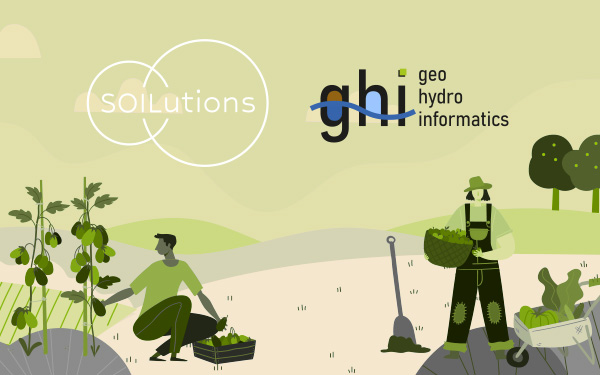
Go to course

Go to course
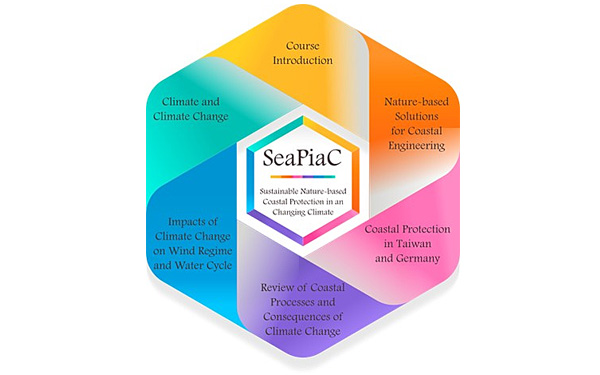
Go to course
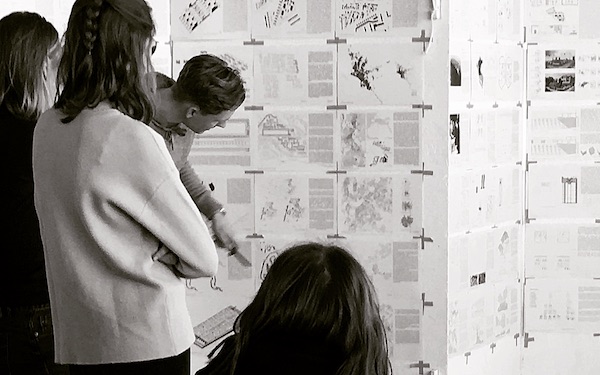
Go to course
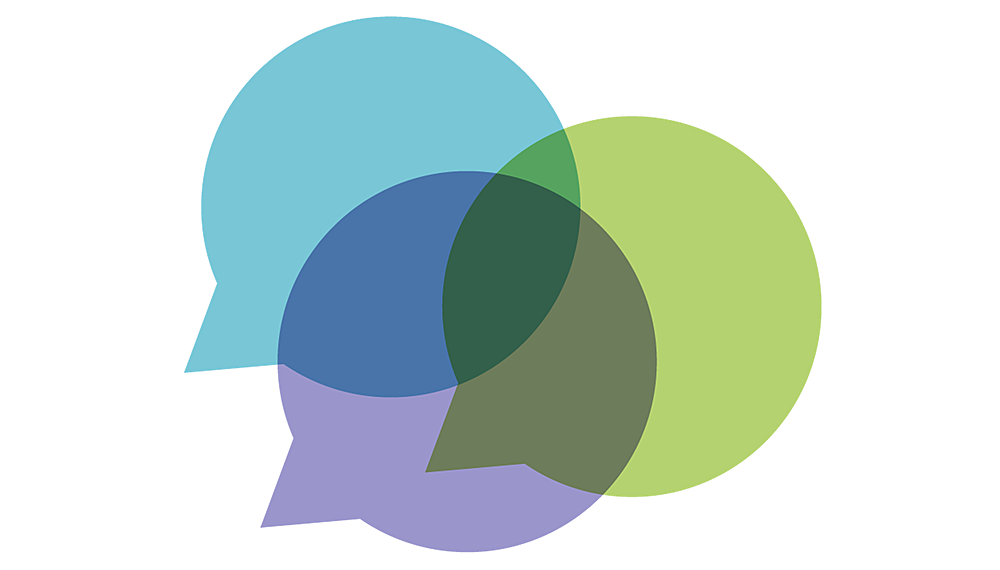
Go to course
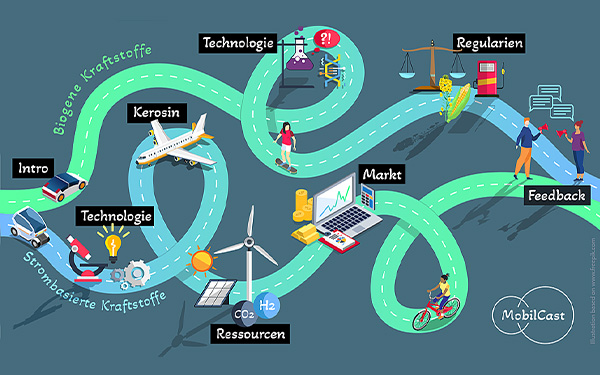
Go to course
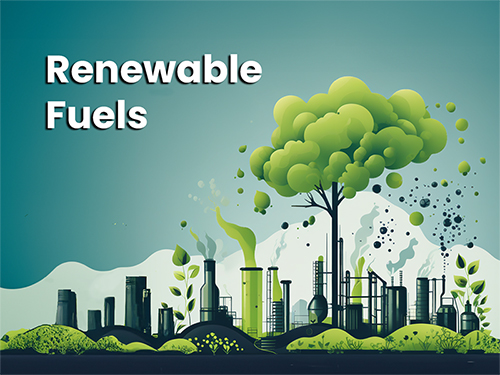
Go to course
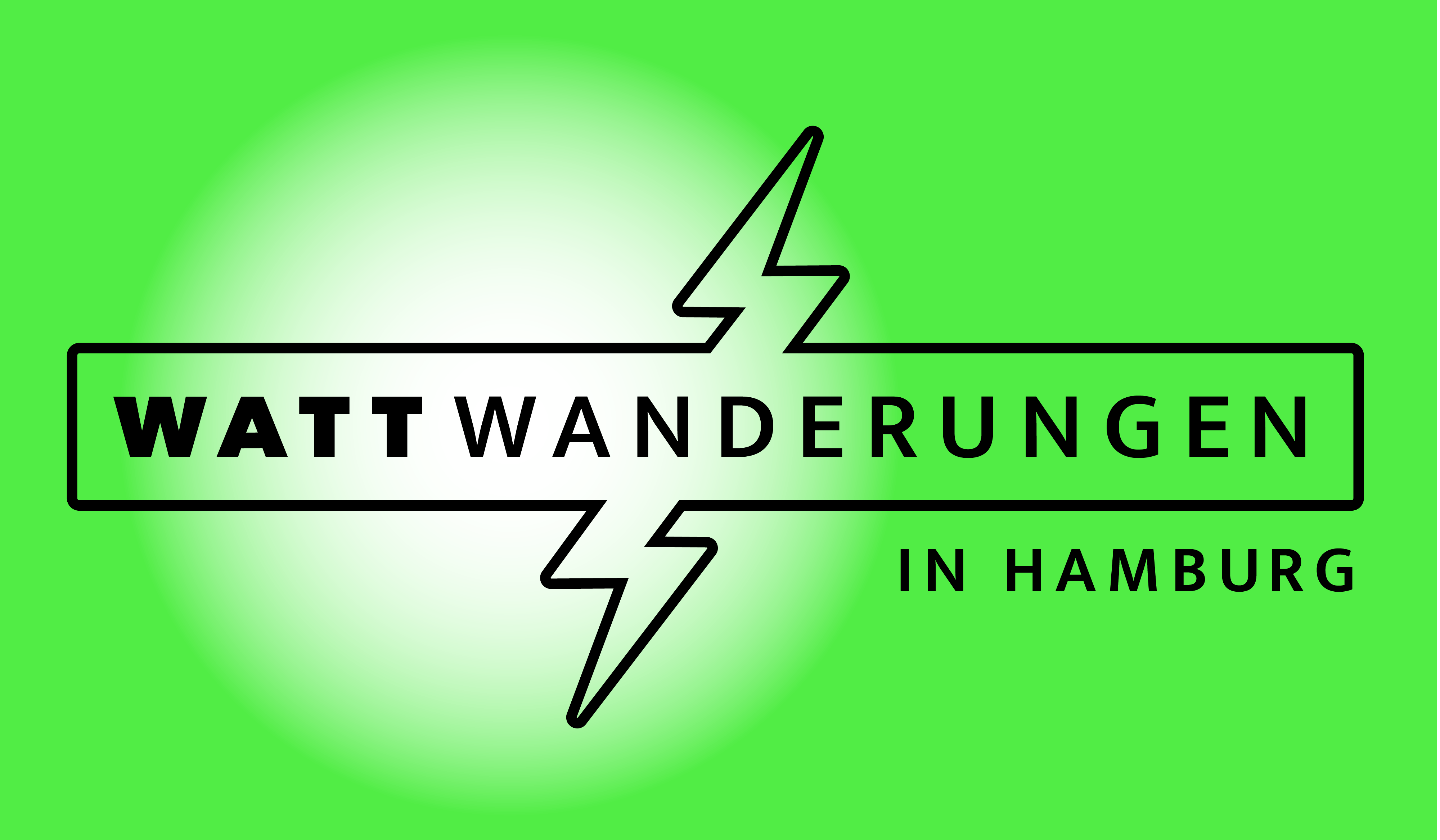
Go to course
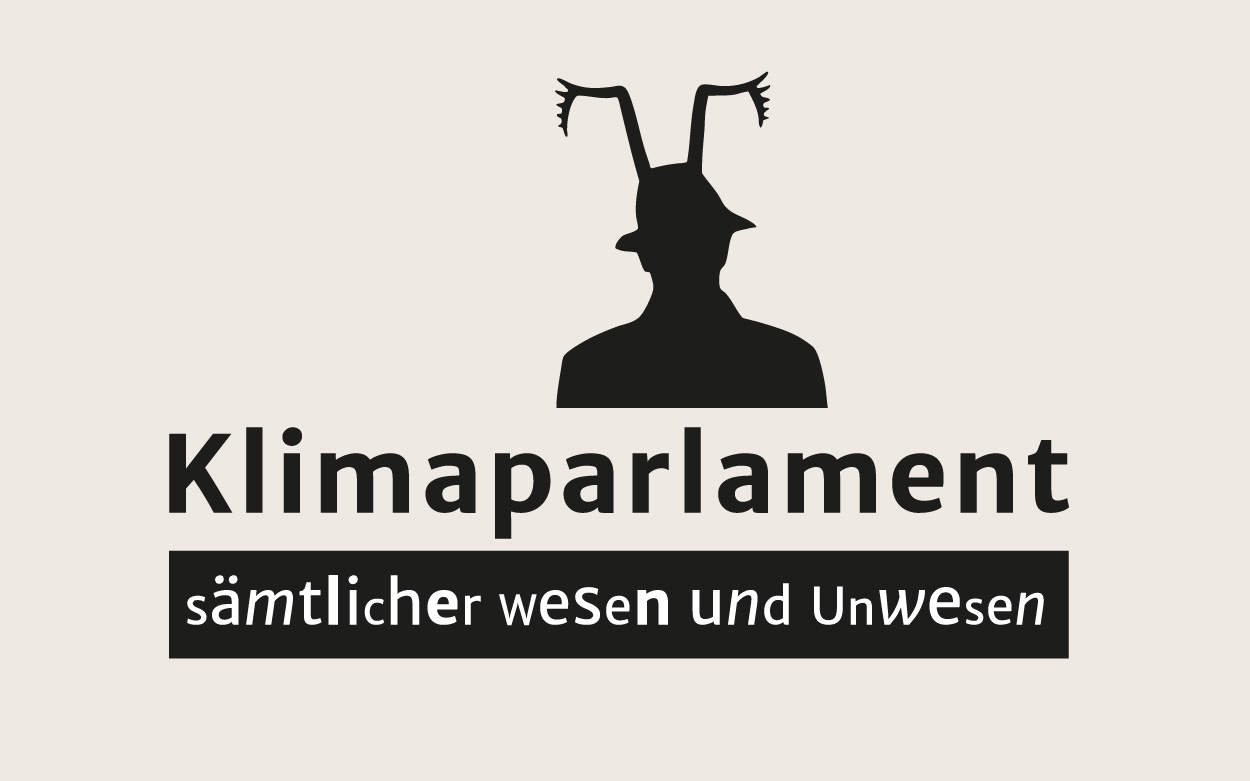
Go to course
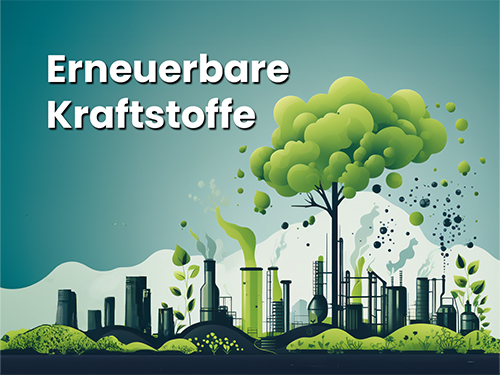
Go to course
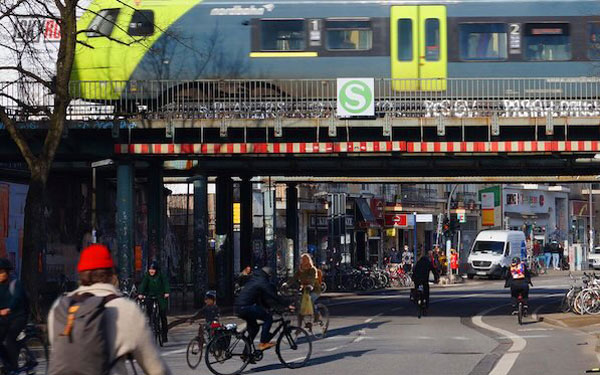
Go to course
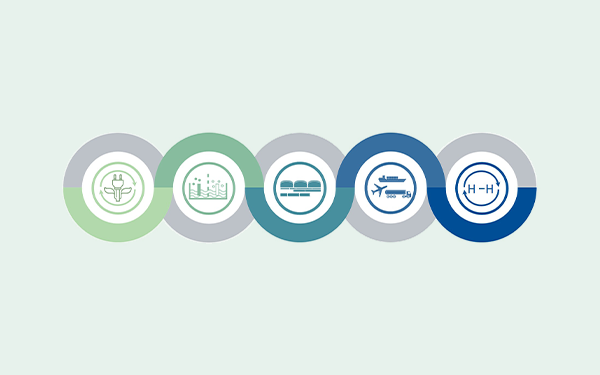
Go to course
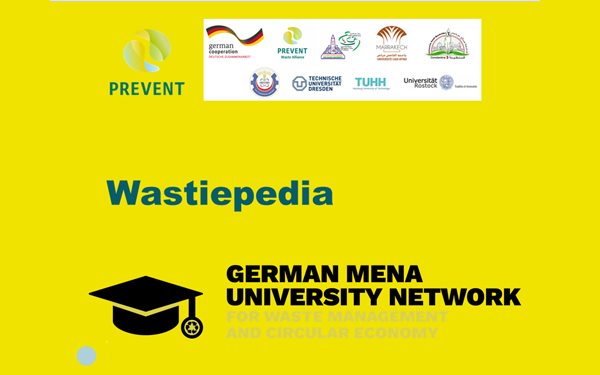
Go to course
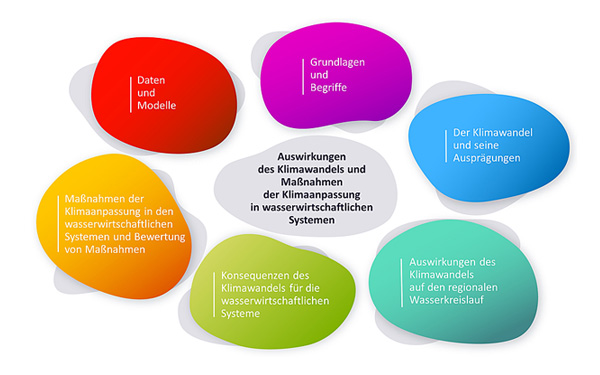
Go to course
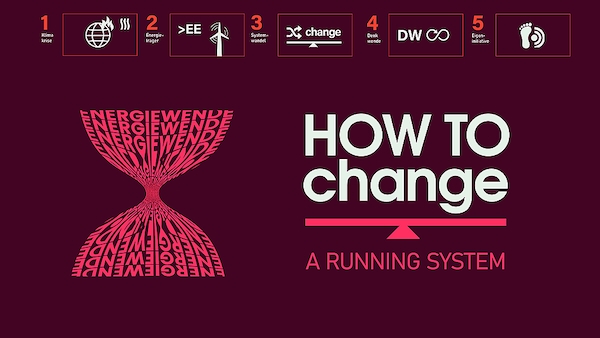
Go to course
